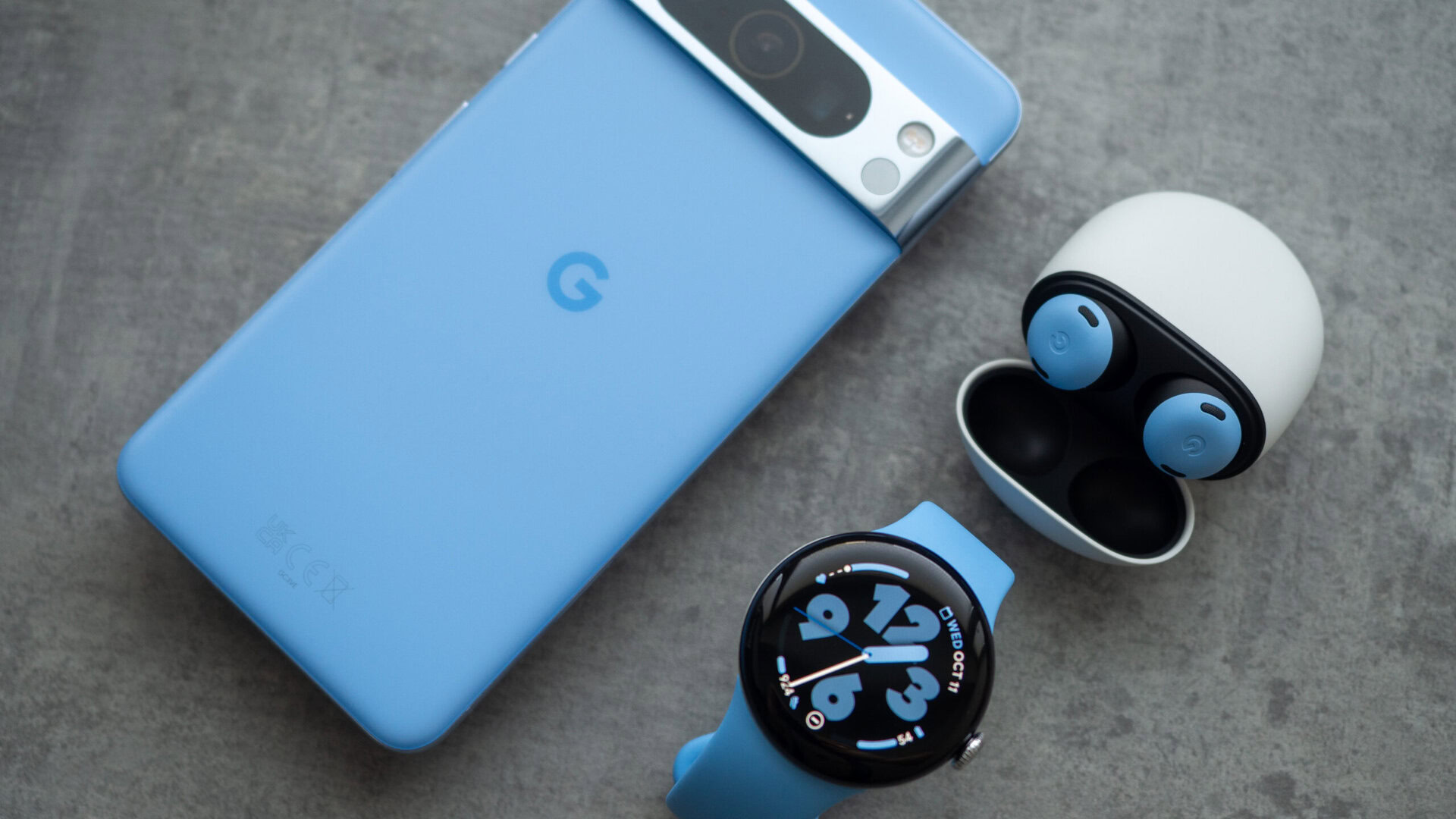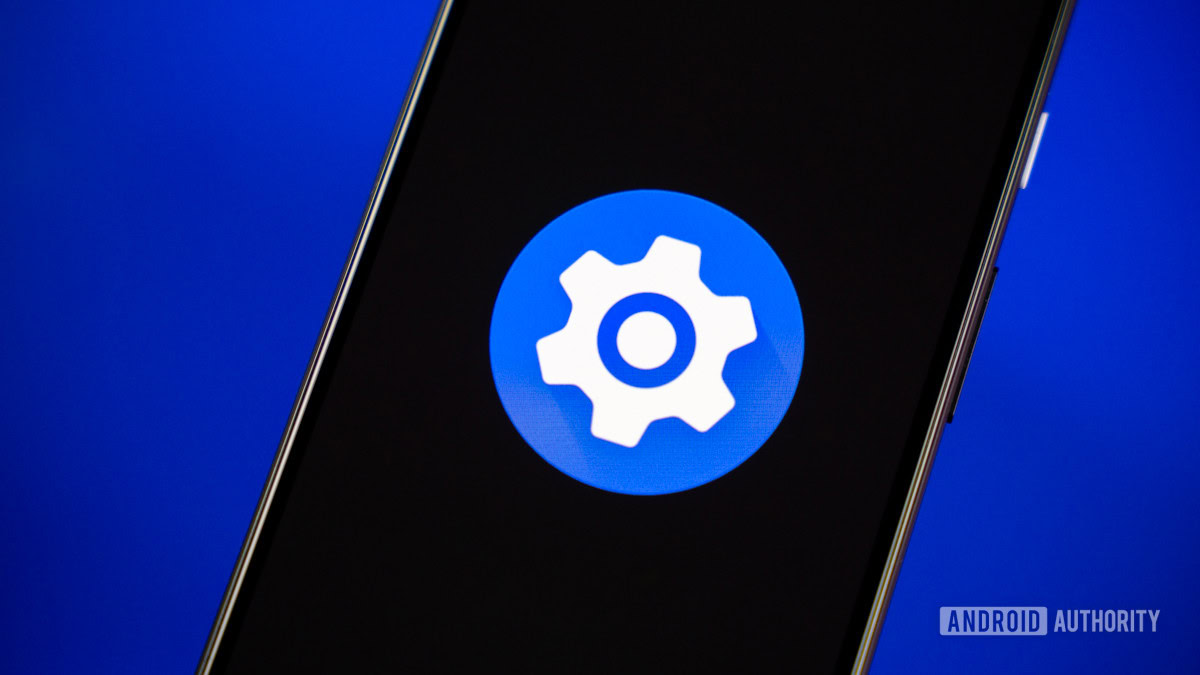Affiliate links on Android Authority may earn us a commission. Learn more.
What is Google Smart Lock and how does it work?
Published onMay 4, 2024
Google Smart Lock, also known as Extend Unlock, allows you to access your devices much faster when you’re not too worried about security. For example, if you’re at home, you probably don’t want to enter your passcode every time you pick up your phone. Here’s a quick look at how to use Google Smart Lock and set it up on your Android phone or Chromebook.
QUICK ANSWER
Google Smart Lock or Extend Unlock is a feature that allows you to bypass lock screen authentication based on on-body detection, trusted locations, or trusted device connections. You can set it up on Android by going to Settings > Security & privacy > More security settings > Smart Lock. In some phones, the last option will be Extend Unlock.
JUMP TO KEY SECTIONS
Note: Some of the steps in this article were put together using a Google Pixel 7 running Android 14 and an ASUS Chromebook Vibe CX34 Flip running Chrome OS 124.0.6367.154. Remember that some steps might differ depending on your device and software.
What features does it offer?
Google Smart Lock offers a whole host of different features, allowing you to use it in plenty of situations.
- On-body Detection: Provided you’ve already entered your pin or passcode once before putting it back in your pocket or bag, Google Smart Lock will not require you to enter it again when you take it back out.
- Trusted Places: Here, you will have to create a location that you trust. This could be your home or office, and you won’t need to enter your passcode when you are there.
- Trusted Devices: This option allows you to select Bluetooth devices you trust. This means that when your phone is connected to these devices, you will not need to enter your passcode to unlock it.
- Voice Match & Trusted Face: These two options are being phased out and are only present on much older Android devices. However, they work by allowing you to set up your voice or face to use your phone without a passcode. The voice match option won’t always leave your phone fully unlocked, but it will allow you to access some of your device’s features.
The pros and cons of Google Smart Lock

Aside from accessing your devices quickly, Google Smart Lock also allows you to share passwords across your devices. Google Smart Lock makes it easy to get into your devices without a screen lock, and you can save your passwords to access your favorite websites and apps quickly.
However, keep in mind this is a security risk in certain situations. It’s OK if you’ve set up your house as a trusted location, and it’s just you or your family at home. However, on-body detection and trusted devices could allow others to access your unlocked phone.
The feature is simple enough to turn off with the settings in your Google account. You can do this on your Chromebook or Android device by going to settings first and then going into your Google account settings.
How to set up Google Smart Lock on your Android device

It’s easy to set up and use Google Smart Lock on your Android device, and it only requires you to have a password or other screen lock set up on your device already.
How to set up Smart Lock on Android:
- Head over to your device’s Settings.
- Go to Security & privacy.
- Select More security & privacy.
- Choose Smart Lock. On some devices, it is now called Extend Unlock.
- Enter your passcode or another screen lock.
- Choose either On-body detection, Trusted places, or Trusted devices.
- Follow on-screen instructions.
How to use Google Smart Lock on a Chromebook
Google Smart Lock works a little differently on Chromebooks, and it allows you to unlock it simply by connecting to your Android device. You will need to sign in to your Google Account on both devices.
How to set up Google Smart Lock on a Chromebook:
- Go into the Chromebook’s Settings.
- Go into Connected devices.
- Next to your Android phone, select Set up.
- Select your Android device and click on Connect.
- Enter your password. Then hit Done.
- Hit Done again.
- Go back to Connected devices.
- Select your Android device.
- Toggle Smart lock on.
FAQs
Google Smart Lock only works on Chromebooks running ChromeOS version 71 or newer. You’ll also need Android version 5.1 or later.
No. Smart Lock requires that all devices involved be in the same Google account.
While Google Smart Lock isn’t the safest, we would argue it would be more secure to use Trusted Devices. These are usually linked to Bluetooth devices you carry around, and Bluetooth is a pretty short-range connectivity method. Of course, it’s always safer to use biometric authentication or strong passwords.